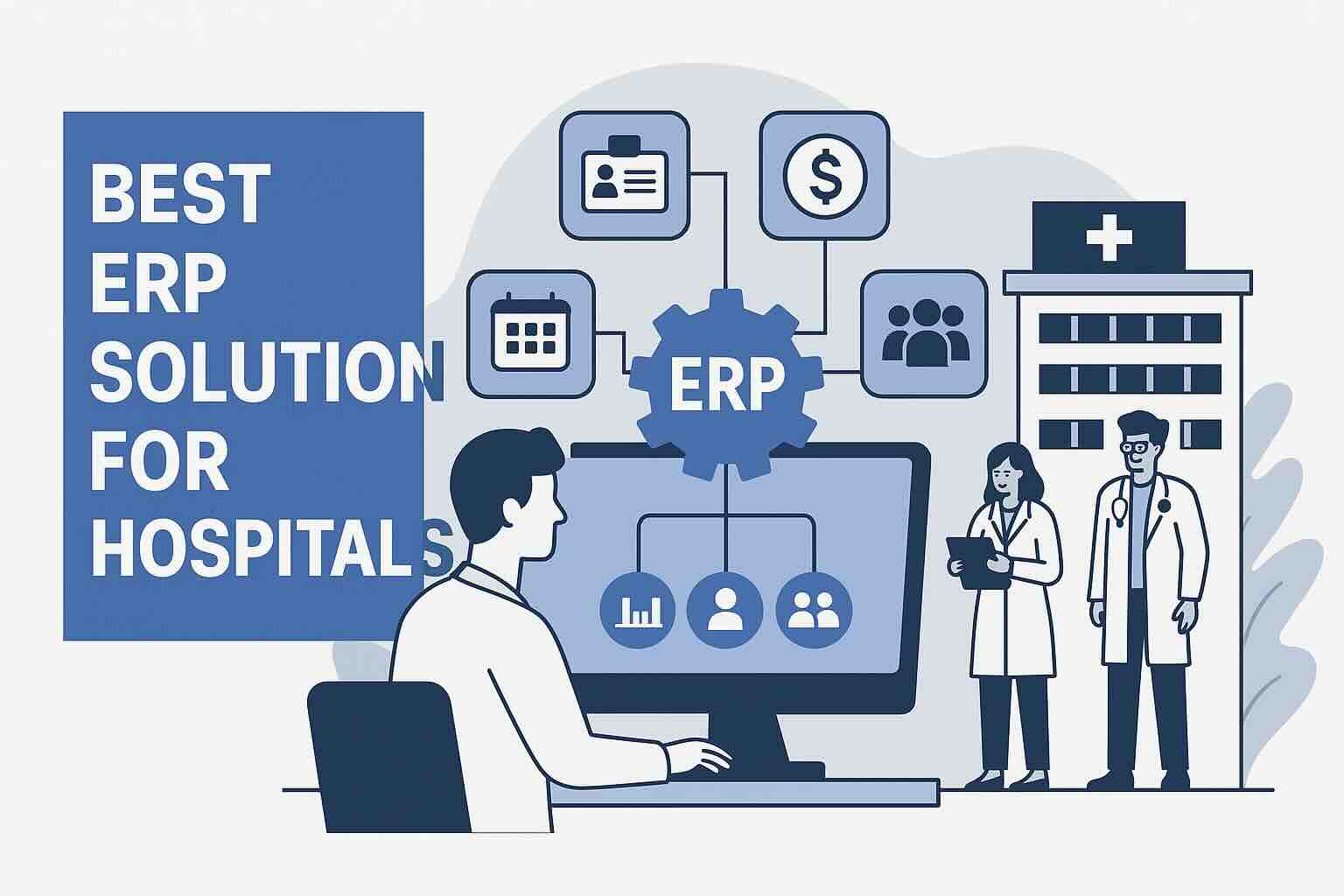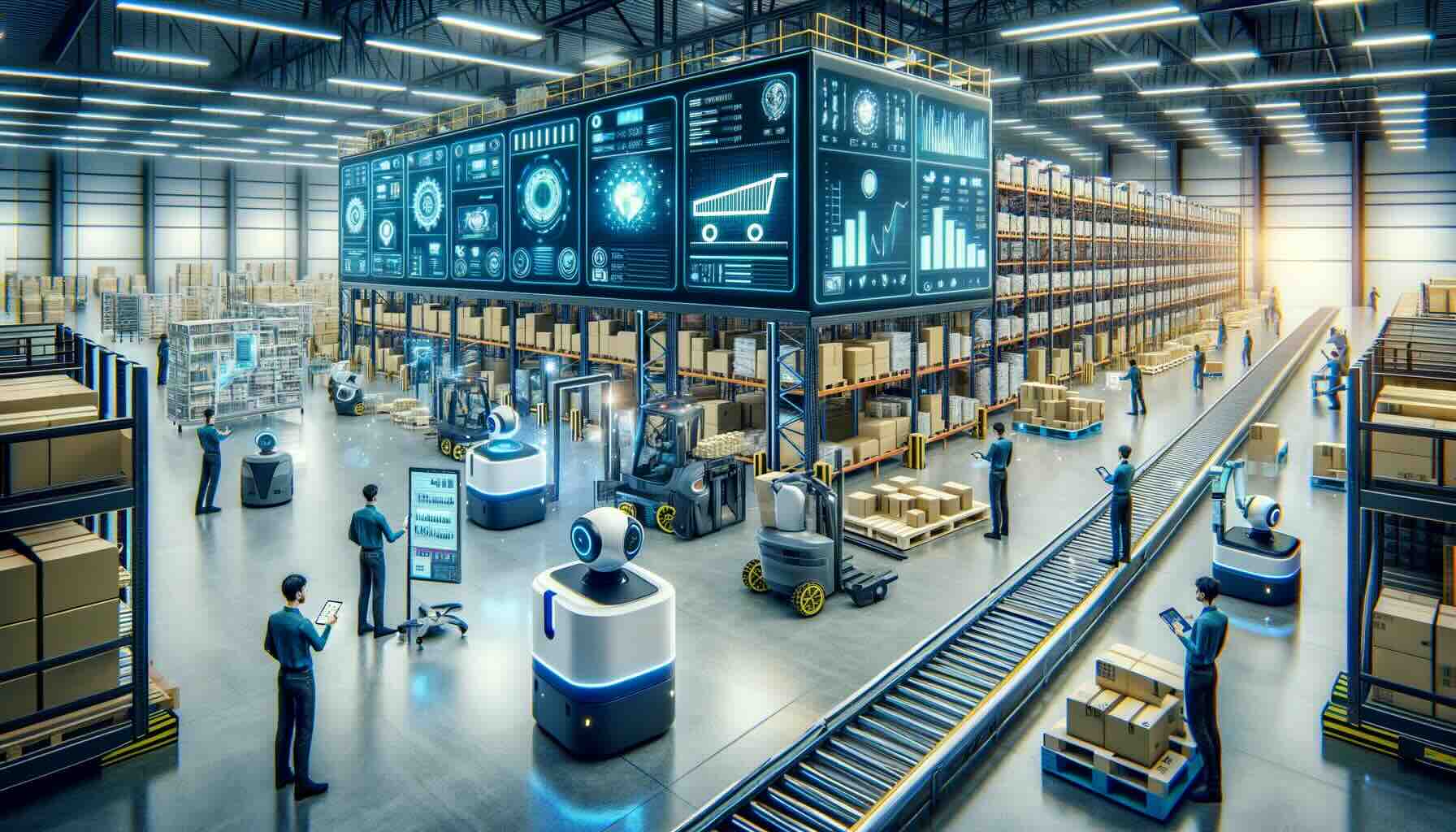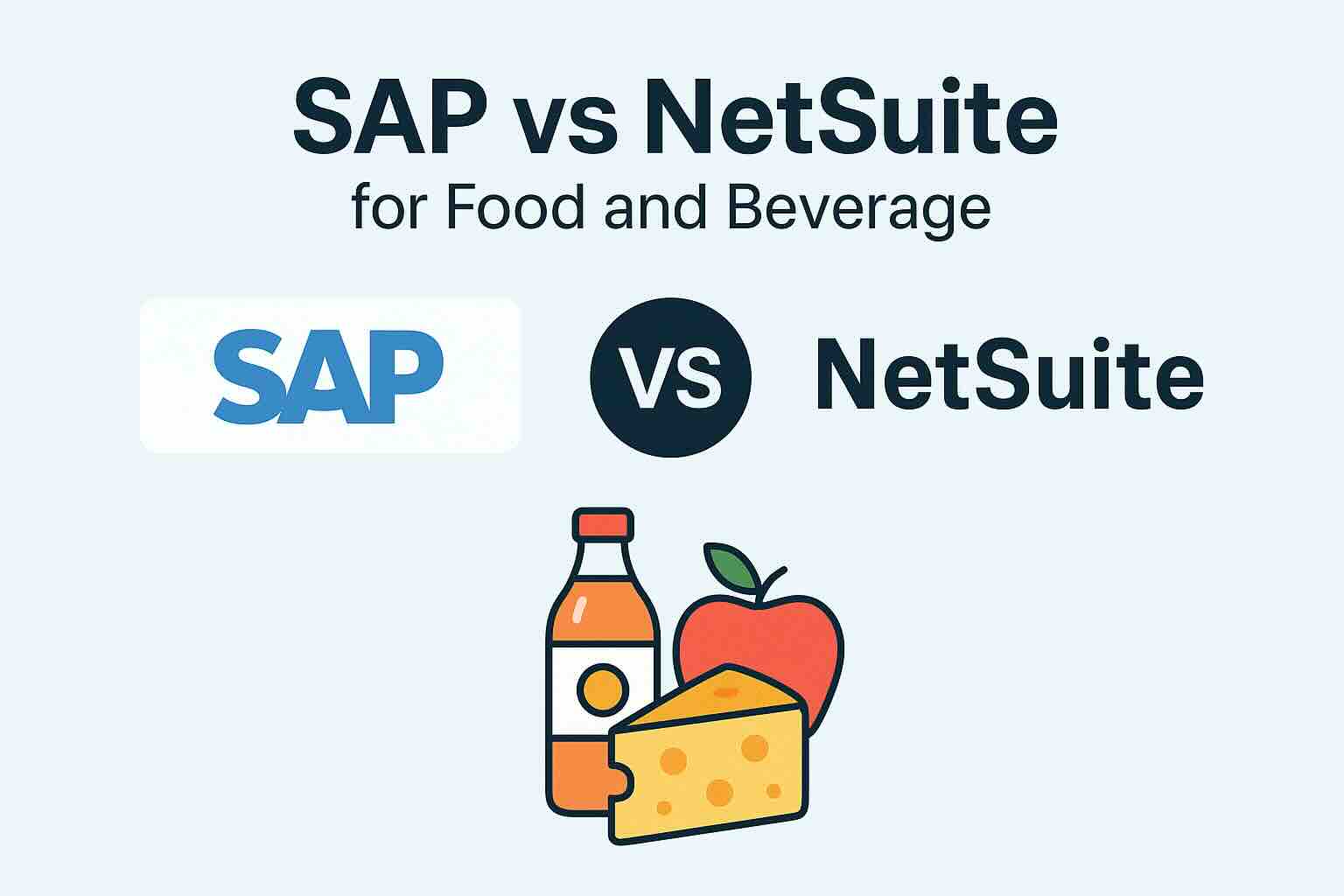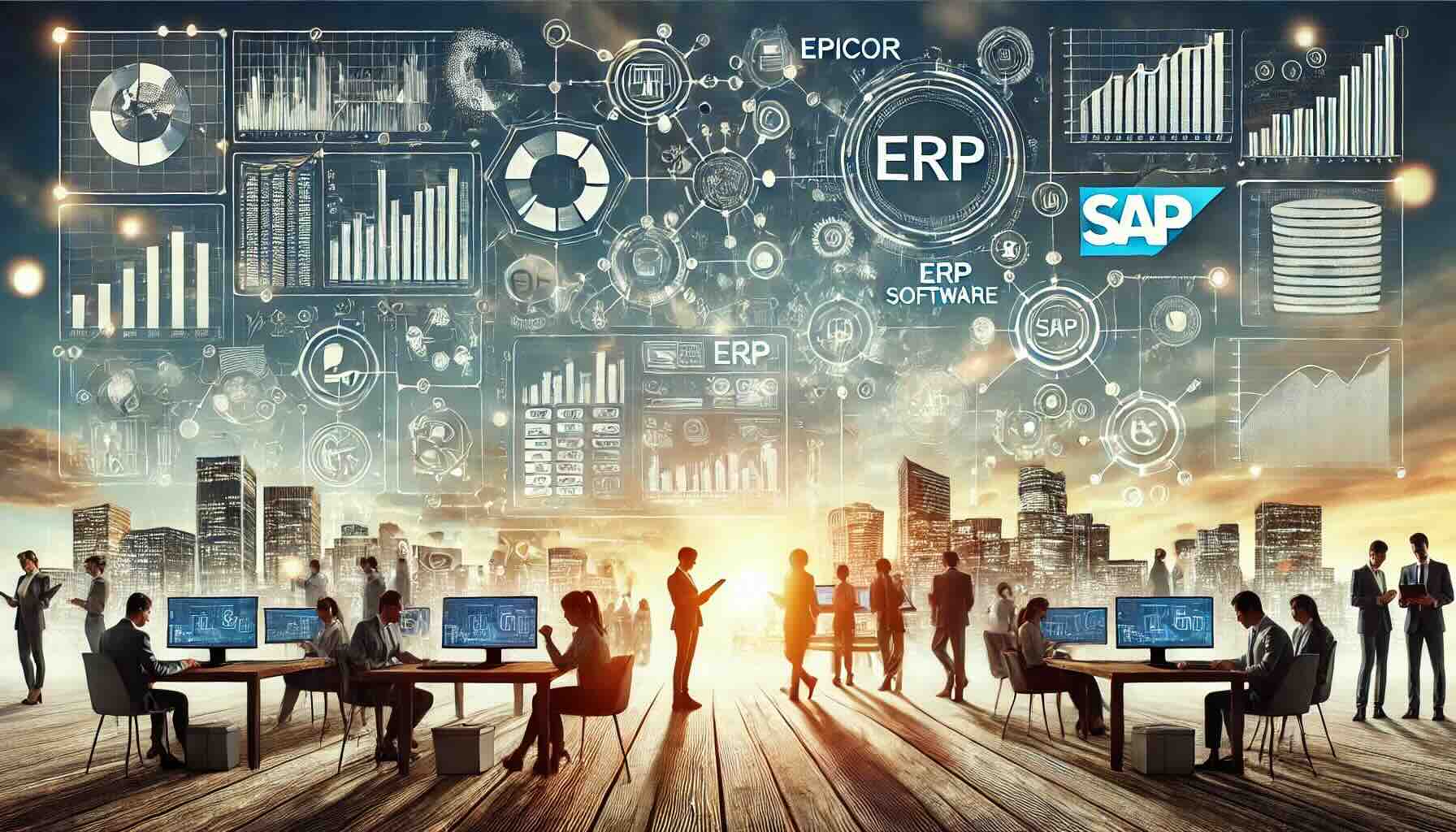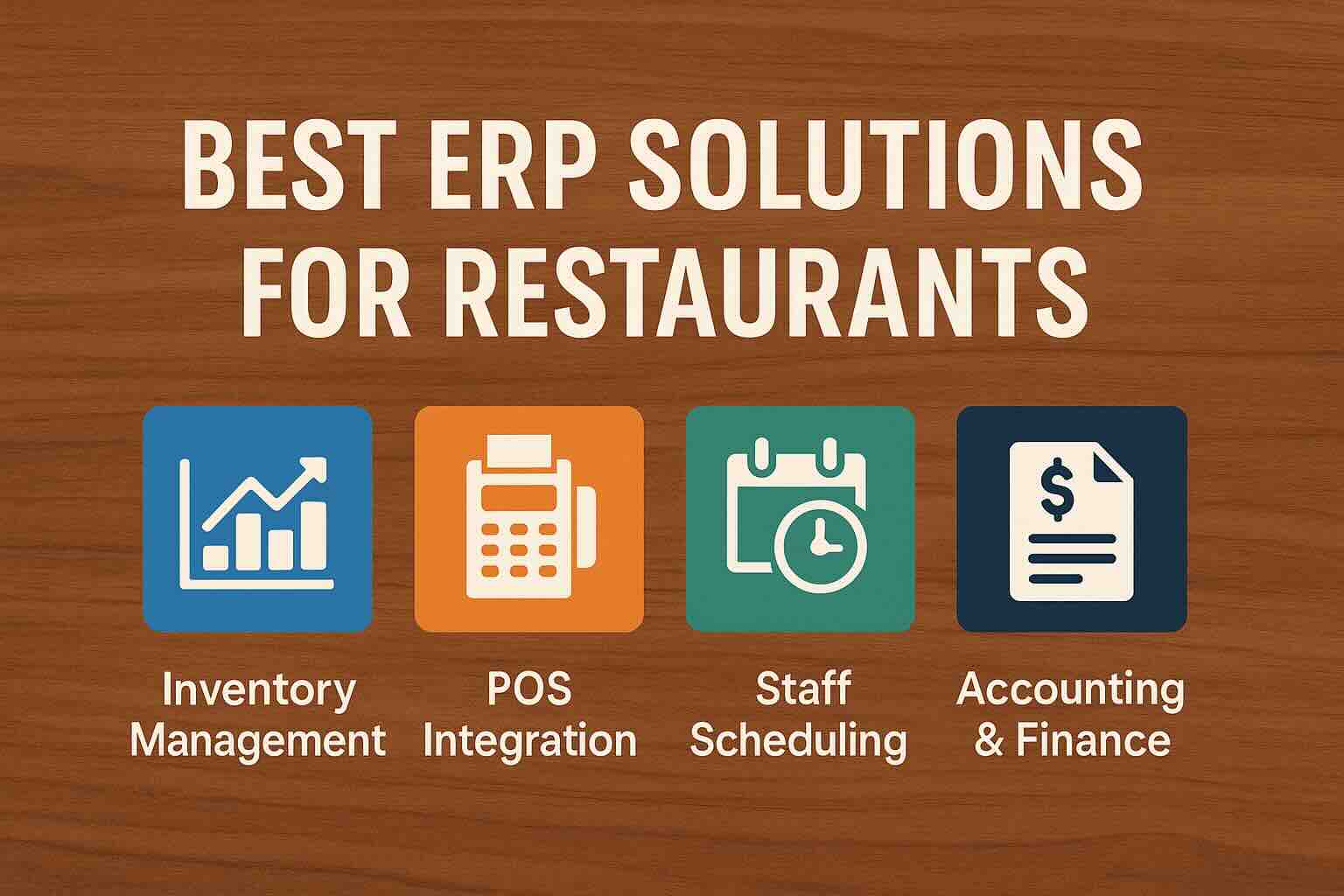Compare the Best ERP Systems in the UK
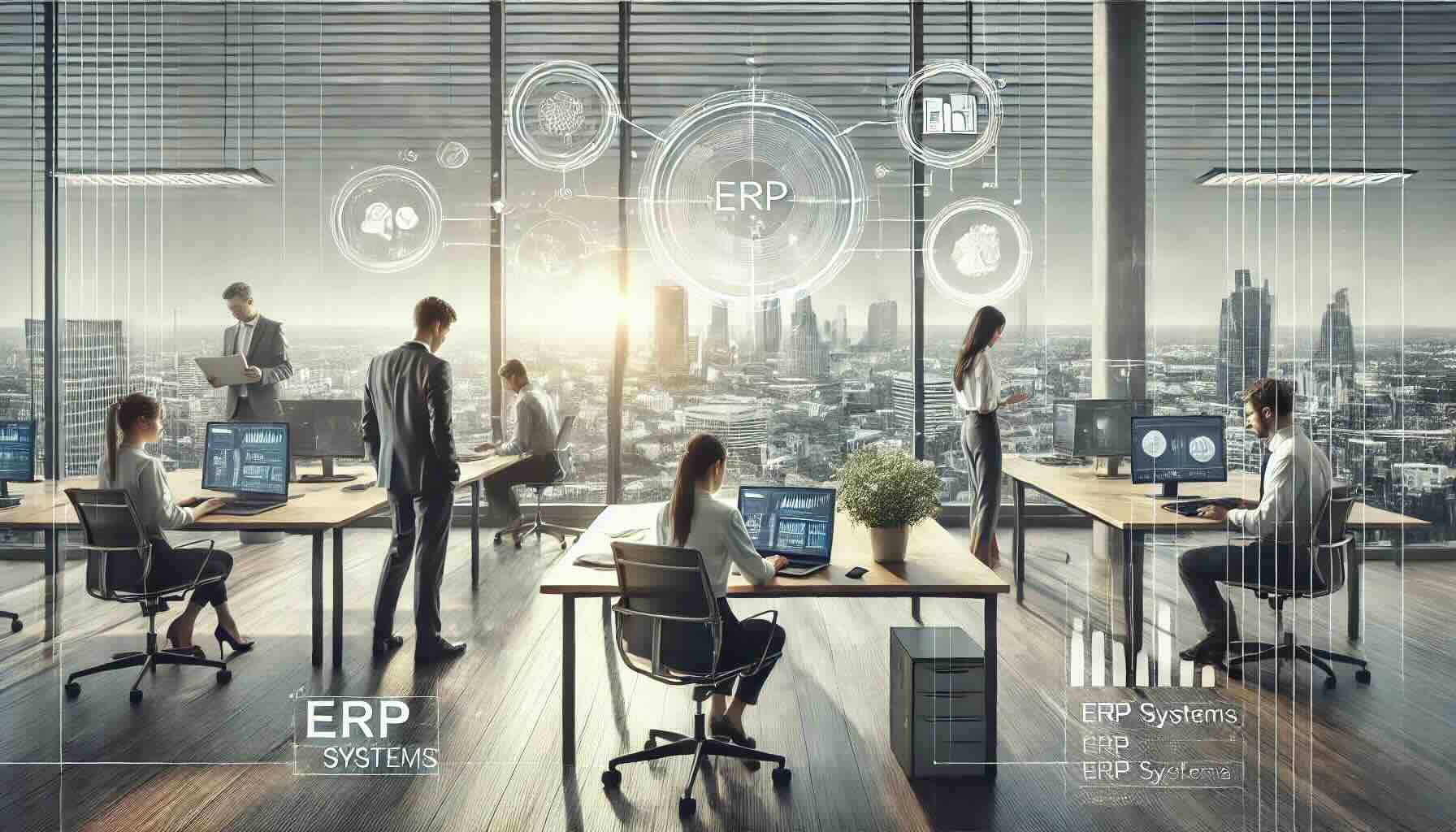
Enterprise Resource Planning (ERP) systems play a crucial role in helping businesses manage their core processes, from inventory and supply chain management to financial reporting and human resources. As businesses in the UK look to optimize efficiency, streamline workflows, and improve decision-making, selecting the right ERP system becomes essential. Here, we compare some of the best ERP systems available in the UK market, highlighting their features, benefits, pricing, and suitability for different types of businesses.
1. SAP Business One
Overview: SAP Business One is a comprehensive ERP solution tailored to meet the needs of small and medium-sized businesses (SMBs). It integrates core functions, including finance, sales, customer management, purchasing, and inventory.
Key Features:
- Financial management and accounting modules
- Sales and customer management
- Inventory and distribution control
- Analytics and reporting powered by SAP HANA (an in-memory database)
Pros:
- Scalable and flexible, ideal for growing businesses
- Strong data analysis and reporting capabilities
- Extensive support and resources
Cons:
- Higher cost, making it less accessible for smaller businesses
- Implementation can be complex
Pricing: SAP Business One typically has a high upfront cost with additional fees for each user. Costs can vary significantly based on the number of modules and users.
Best For: SMBs looking for a highly scalable, feature-rich ERP with robust analytical tools.
To find out more about SAP Business One click this link.
2. Microsoft Dynamics 365
Overview: Microsoft Dynamics 365 is a cloud-based ERP and CRM system that caters to mid-sized and large enterprises, providing a comprehensive suite for finance, operations, and customer relationship management.
Key Features:
- Real-time financial insights and reporting
- Integration with Microsoft products like Office 365 and Azure
- Advanced supply chain management tools
- AI-driven customer insights and analytics
Pros:
- Seamless integration with other Microsoft services
- Highly customizable, with modules available based on business needs
- Strong AI and predictive analytics capabilities
Cons:
- Steep learning curve for those unfamiliar with Microsoft products
- Higher price tag for small businesses
Pricing: Dynamics 365 is offered on a per-user, per-month subscription basis, and prices vary depending on the specific modules selected.
Best For: Medium to large businesses that already use Microsoft products and require advanced capabilities across finance, operations, and CRM.
To find out more about Microsoft Dynamics click this link.
3. NetSuite ERP
Overview: Owned by Oracle, NetSuite is a cloud-based ERP system that serves a wide range of industries, from retail and manufacturing to financial services. It provides financial management, CRM, eCommerce, and supply chain management tools in a single platform.
Key Features:
- Comprehensive financial and accounting management
- Order and inventory management
- E-commerce and CRM integrations
- Business intelligence and reporting tools
Pros:
- Cloud-based, offering ease of access and scalability
- Strong integration with CRM and eCommerce tools
- Customizable dashboards and real-time reporting
Cons:
- Implementation can be costly and time-intensive
- Higher price for the robust feature set
Pricing: NetSuite follows a subscription-based model, with costs dependent on the scale of deployment and the specific modules selected.
Best For: Growing companies with complex requirements, especially those needing a scalable cloud-based ERP with strong financial and CRM capabilities.
To find out more about NetSuite click this link.
4. Infor CloudSuite
Overview: Infor CloudSuite is a powerful, industry-specific ERP system that’s particularly popular in the manufacturing, healthcare, and distribution sectors. With cloud-based deployment, it provides integrated tools to manage financials, supply chain, and workforce optimization.
Key Features:
- Industry-specific solutions for sectors like manufacturing and healthcare
- Advanced inventory and supply chain management
- Integrated analytics and reporting
- Workforce and talent management
Pros:
- Tailored industry-specific solutions
- Cloud-based for scalability and accessibility
- Strong supply chain and inventory management features
Cons:
- Limited customization outside of the pre-designed industry solutions
- Implementation can be complex, especially for smaller businesses
Pricing: Infor CloudSuite operates on a subscription-based pricing model, with costs dependent on the industry, number of users, and selected features.
Best For: Companies in specialized industries like manufacturing or healthcare that require specific modules tailored to their needs.
To find out more about Infor click this link.
5. Sage X3
Overview: Sage X3 is an ERP system designed for medium to large enterprises, particularly those in the manufacturing, distribution, and food industries. It offers modules for finance, sales, inventory, production, and CRM.
Key Features:
- Comprehensive financial and accounting management
- Inventory and supply chain management
- Project management and manufacturing support
- Integrated CRM and sales management
Pros:
- Strong features for manufacturing and distribution
- Flexible deployment options, including on-premises and cloud
- Faster implementation compared to other ERP systems
Cons:
- Limited advanced reporting capabilities compared to some competitors
- Fewer customization options
Pricing: Sage X3 pricing depends on the deployment option and the number of users, with a subscription model typically applied.
Best For: Medium and large enterprises in manufacturing and distribution seeking a straightforward ERP solution.
To find out more about Sage X3 click this link.
6. Epicor ERP
Overview: Epicor ERP is a robust system tailored for manufacturing and distribution industries, providing tools for financials, production management, supply chain, and human resources.
Key Features:
- Production and supply chain management
- Comprehensive financial tools
- Human resources management
- Business intelligence and analytics
Pros:
- Deep focus on manufacturing and distribution needs
- Customizable dashboards and reporting tools
- Flexible deployment (cloud or on-premises)
Cons:
- Limited functionality for non-manufacturing businesses
- Complex implementation and setup
Pricing: Epicor ERP follows a subscription-based pricing model, with fees varying based on deployment method and number of users.
Best For: Manufacturing and distribution companies seeking a specialized ERP system with strong production and supply chain management tools.
To find out more about Epicor click this link.
How to Choose the Right ERP System in the UK
- Assess Your Business Needs: Consider which core functions you need (finance, CRM, supply chain) and any industry-specific requirements.
- Consider the Cost and Scalability: Evaluate the pricing model and scalability of the ERP system. Cloud-based solutions typically offer more flexibility but may have recurring subscription costs.
- Evaluate Integration and Compatibility: If your business already uses certain tools (e.g., Microsoft Office), look for ERP solutions with seamless integration.
- Review Deployment Options: Cloud-based ERPs offer greater flexibility, while on-premises solutions may be more secure but harder to scale.
Conclusion
Selecting an ERP system is a strategic decision that can significantly impact a business’s efficiency and growth. SAP Business One, Microsoft Dynamics 365, NetSuite, Infor CloudSuite, Sage X3, and Epicor each offer distinct features and advantages. By evaluating the unique needs, budget, and growth objectives of your business, you can select an ERP system that best aligns with your operational goals in the UK.
To compare these ERP solutions and many more, you can use our new AI-powered Compare ERP tool. It’s free to use and you get a guaranteed discount on your first year’s licence fees with a referral from Compare ERP.



